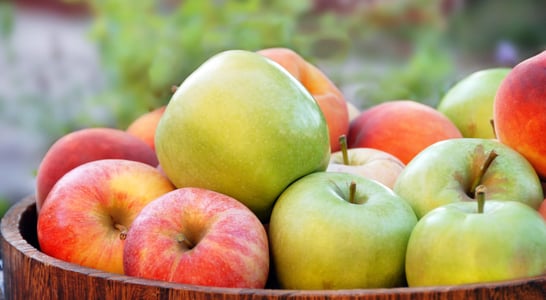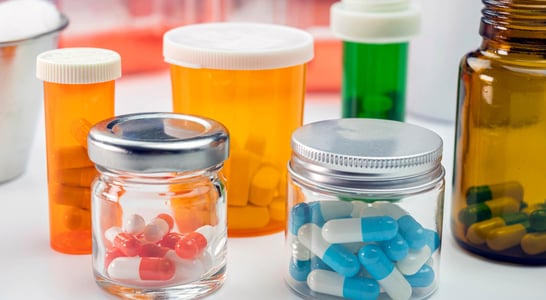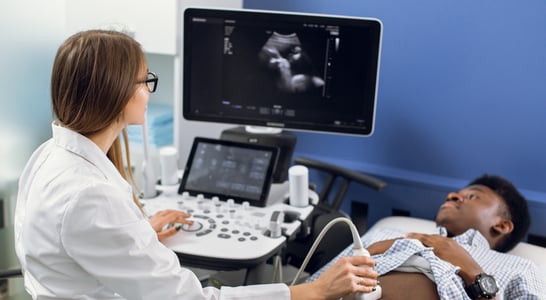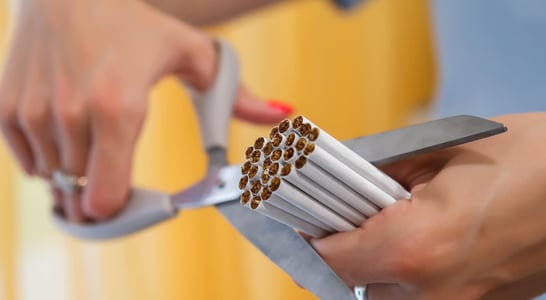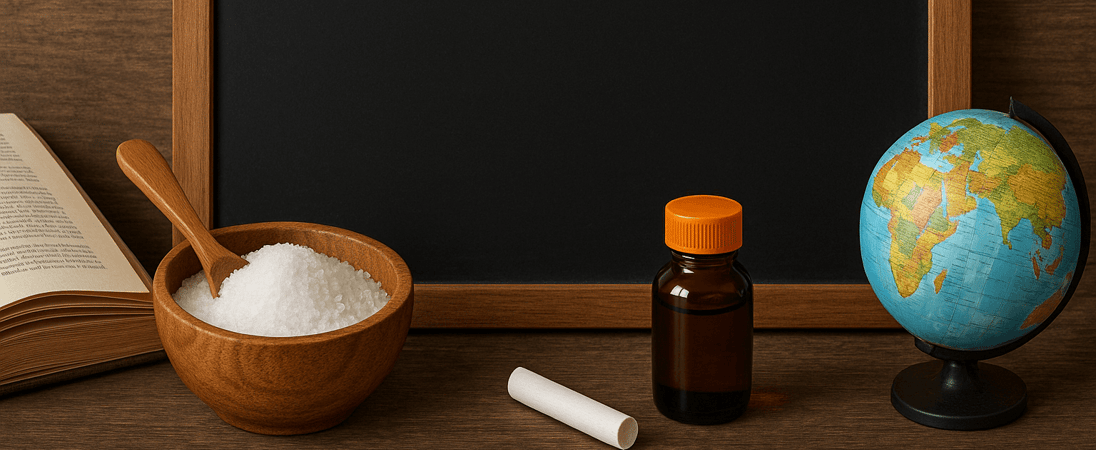
Global Iodine Deficiency Disorders Prevention Day
Global Iodine Deficiency Disorders Prevention Day spreads awareness about a mineral the body needs but often lacks.
Iodine helps regulate growth, brain function, and energy levels. Without enough, people may feel weak, tired, or confused.
Some develop visible neck swelling. In children, the effects can be deeper. A shortage during early growth may harm learning and slow development.
That makes iodine a quiet force behind strong minds and healthy bodies.
The day urges people to eat more iodine-rich foods like fish, dairy, and iodized salt. It highlights how a single missing nutrient can hinder progress.
In many parts of the world, low iodine levels still put lives at risk.
This global effort reminds families to watch what they eat, not just how much. Taking action is simple—and the results can last a lifetime.
How to Celebrate Global Iodine Deficiency Disorders Prevention Day
Here are engaging ways to raise awareness of iodine’s key role in health.
Host a Mini‑Talk in Your Community
Invite a health worker or teacher to speak about how iodine fuels the thyroid and growth. This helps people understand why this tiny mineral matters.
It frames iodine as an everyday hero.
Share Iodine Facts Online
Post a few attention‑grabbing facts on social media about iodine sources and deficiency risks. It spreads knowledge fast among friends and family.
Run a Recipe Swap
Ask friends or neighbors to share simple dishes rich in iodine, like seafood or iodized salt recipes. It blends creativity with practical tips for better nutrition.
Promote School Posters
Work with students to design bright posters that explain iodine’s benefits for the brain and body. It makes the message visual, playful, and hard to ignore.
Offer Mini Health Checks
Set up a spot to let people check their thyroid or ask a nurse questions about iodine intake. It gives a hands‑on moment to care for health simply.
History of Global Iodine Deficiency Disorders Prevention Day
Global Iodine Deficiency Disorders Prevention Day began as part of a worldwide effort to fight a silent but serious health issue.
Iodine is a tiny nutrient, but without enough of it, people can face big problems like goitre, fatigue, and slowed brain development—especially in children.
In 1986, a group of experts met in Kathmandu and formed the International Council for Control of Iodine Deficiency Disorders (ICCIDD). Their goal was simple: help countries eliminate iodine deficiency for good.
At the World Summit for Children in 1990, leaders from many nations agreed to work toward ending this issue by the year 2000.
Awareness campaigns started rolling out in the years that followed, reaching schools, clinics, and households.
In 2007, the first special day was observed on October 21, chosen to honor Dr. Sthyagi Sukattha, one of the key founders of ICCIDD. That moment gave the global effort a clear date and purpose.
By 2012, the ICCIDD had evolved into the Iodine Global Network (IGN), which now leads the worldwide effort. They officially recognized October 21 as Global Iodine Deficiency Disorders Prevention Day.
Since then, the day has grown in reach, helping more people learn how to protect their health with something as simple as iodized salt.
Also on ...
View all holidaysNational Apple Day
Gobble down an apple, make a delicious apple dessert or savory dish, or join an apple day event for food, games, activities and more during apple season.
International Day of the Nacho
A crunchy, cheesy snack that's perfect for sharing with friends and family, whether you're watching the big game or having a movie night!
National Reptile Awareness Day
Share your enthusiasm for reptiles by pampering your pet, visiting a zoo, or volunteering at a local rescue to get to know these often-misunderstood creatures.
We think you may also like...
National Clean Out Your Medicine Cabinet Day
Tidying up the medicine stash ensures safety, preventing mishaps and creating a healthier environment at home.
